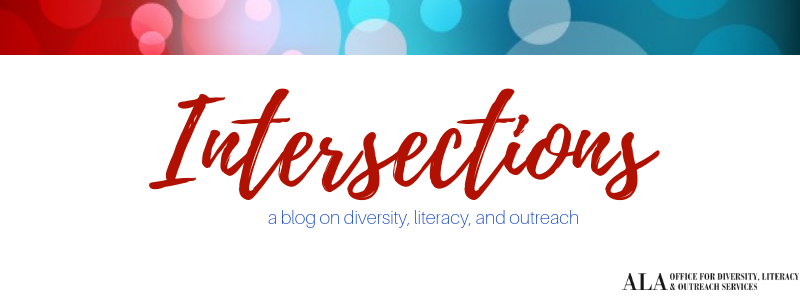
By: Bill Sannwald, Principal Librarian, San Diego County Library
When people find out journaling is one of my passions, two things often happen. First, they seem a little surprised because, based on my physical appearance, I’m usually mistaken for someone who would be more into pastimes like watching sports or enjoying craft beers. Second, people usually express to me how much they have wanted to get into journaling but have not been sure where to start or are afraid that it’s too daunting of a commitment.

Now, before we get any further, it is important to give a definition to what I mean by journaling. I consider journaling to be doing almost anything that documents or captures moments from our lives. It doesn’t even need to involve writing, nor involve a significant time commitment or follow a specific format. Journaling is a very open and adaptable tool that practically anyone can utilize.
Thus, you can keep a traditional “Dear Diary” journal, get organized with a Bullet Journal, reflect once a year with a Birthday Journal, be creative with a Poetry Journal, collect images of kids or pets with a Photo Journal, share what you’ve been listening to with a Music Blog, and so much more. Everyone can find a format and frequency that works for them. It’s worth experimenting and trying different methods of journaling until the one that is right for you “clicks”.

Beyond being fulfilling and fun, journaling is a critical way for me to engage in self-care, and I would argue it is the key technique to supporting my mental wellbeing. The main benefits journaling provides to me are:
- A method to keep a record of my life
Journaling provides a chronicle of my various life journeys, such as parenthood and my career. I’ve captured not only the wonderful moments such as birthdays and promotions but many tough times as well.
- A tool to organize time
It’s fascinating how the passage of time can seem so uneven. An event that took place years ago can still feel fresh and recent, while something that happened last month can seem distant and hazy. Journaling allows me to bring a better sense to the timeline of my life.
- A way to hold onto memories
Journaling allows me to capture a handful of the countless moments that make up each individual day. I envision these moments as fireflies floating around me, and I do my best to collect a few of the most precious ones before they disappear.
- A prompt for self-reflection
Journaling helps me reflect and make better sense of my life experiences, and it gives me a chance to pause, explore, and process my emotions. I use journaling to better understand and be honest with myself.
- An outlet for creativity
Journaling satisfies the urge to be creative and make something. It can feel really good to even write a sentence or two about my day.

I’ll admit I’m a little overboard when it comes to keeping journals. But, in the interest of providing ideas for how you can get started, here are the four main tools I make use of to record and bring order to my personal world:
- Daily Journal - Hobonichi Techo (Planner):
I’ve kept a daily journal for 15 years (and intermittently for many years before that), and I aim to highlight a few of the most memorable moments from my days. There are times I don’t feel I have much to write, especially when I’m tired, so sometimes I just doodle robots or dinosaurs or other silly things in my journal! - Gratitude Journal - Hobonichi 5-Year Journal:
I use this as a tool to reflect and memorialize one thing I’m grateful for each day. This has ranged from spending a special evening out with my kids to having homemade pizza for dinner. My gratitude journal is low-impact but high-reward, and it reminds me I have a lot to be grateful for! - Daily Planner - Panda Planner:
I begin and end each work day by spending time with my planner. In many ways, it serves as not only to help organize my work life but to keep a record of what I’ve completed. However, what I love the most is that it prompts me to start my day with gratitude and close it out with a reflection on my accomplishments.
- Video Journal - 1 Second Every day:
It is incredible how seeing just one second of a video can activate expanded memories. Even if you may not have a video for each day, putting together a string of clips recorded over time is a fascinating method of linking together the progression of life. I “mash” my videos together into monthly clips and save them on my PC as well as my Google Drive account for easy access.
If you have ever considered journaling, I enthusiastically urge you to give it a shot. Journaling is an exceptional self-care tool that can be adapted and utilized by anyone. Explore different formats, avoid putting any specific commitment parameters on yourself, and use it as a positive means to support your mental wellbeing, chronicle your life, and simply have some fun. Happy journaling!

